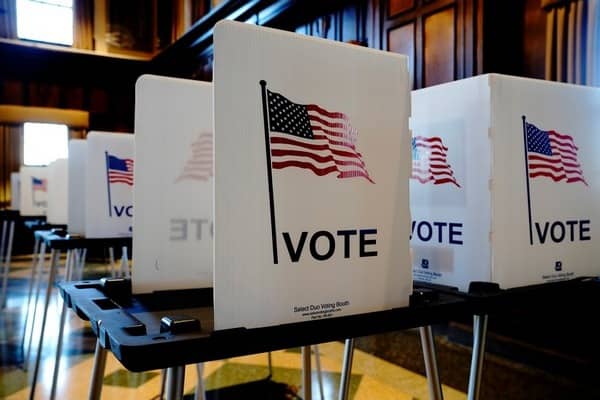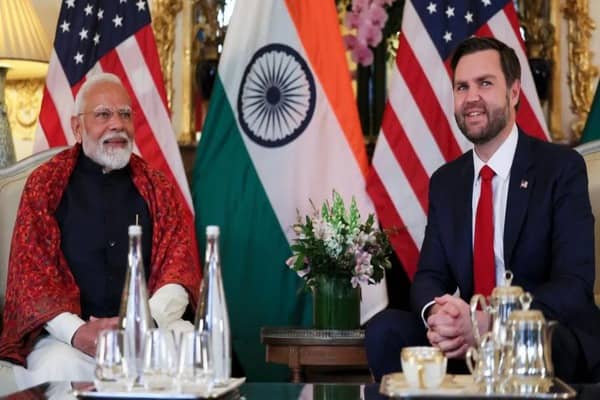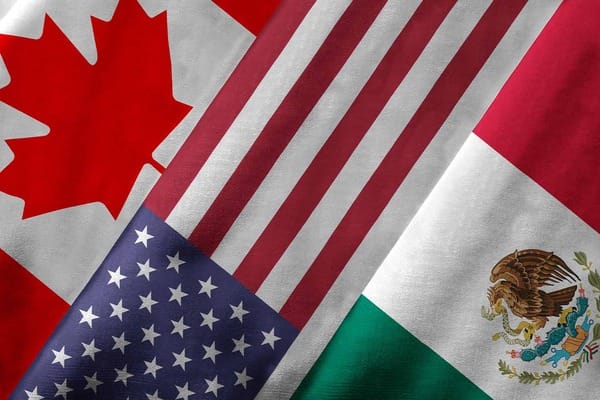One of the most divisive races for the White House in recent memory will come to an end on Tuesday as Americans head to the polls, tasked with choosing between two candidates who have each framed the election as fight for the nation’s character, democracy and security. Unlike Canada, where citizens vote for their preferred party, Americans directly elect their president, with voters this year deciding between Democratic nominee Kamala Harris, Republican nominee Donald Trump, and a third-party candidate. Voting times vary by state and county, with polls opening first on the East Coast at 6 a.m. ET, and the last polls closing in Alaska at 8 p.m. local time (1 a.m. ET).
By Monday, more than 80.5 million early ballots had already been cast. Harris, had made a point of voting early herself to demonstrate the various voting options available to the public. Her running mate, Minnesota Governor Tim Walz, also voted early, casting his ballot in his home state last week. President Joe Biden, too, voted early in Delaware. Trump, had initially planned to vote before Election Day but is now expected to cast his ballot on Tuesday. On Election Day, Harris is slated to spend her time doing radio interviews across all seven battleground states, aiming to reach voters who may be on their way to work, returning home, or taking a lunch break, emphasizing the stakes of the election, according to campaign communications director Michael Tyler.
Harris is expected to deliver her final campaign speech in Washington, D.C., at the same location where Trump addressed supporters before the January 6, 2021 Capitol attack. Trump, in turn, will give his final remarks at his Mar-a-Lago estate in Florida. An advisor described Trump’s speech as a “prebuttal” to Harris’s remarks in the capital. As always, the candidate who secures 270 electoral votes will win the presidency. In past elections, the results have often been clear within hours of the polls closing, but if the race is tight and mail-in ballots play a significant role, the final outcome may take longer to determine.
The outcome of this election will have wide-reaching consequences for Canada, too. The two countries are longstanding allies, sharing a border and engaging in billions of dollars in trade each year. At a rally on the eve of the election in La Crosse, Wisconsin, Walz emphasized the long-term stakes, saying, “What happens in the next 24-36 hours, when those polls close, will shape not just the next four years, but generations to come.”



